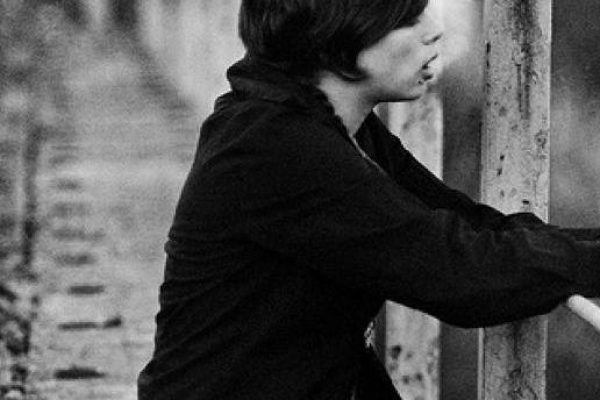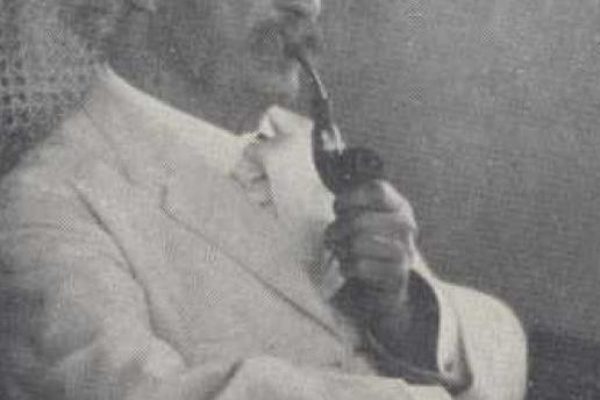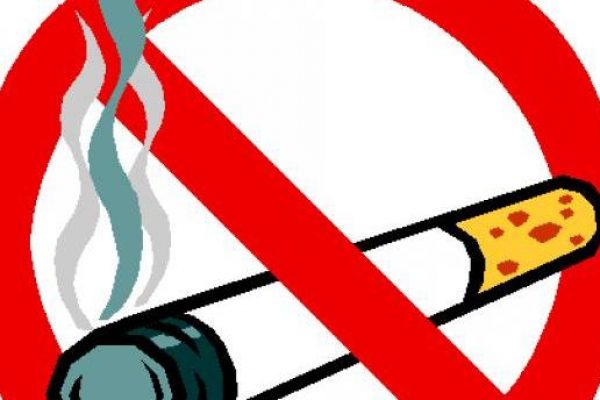In spite of all the anti-smoking campaigns organized today, smoking rates are not much affected. Anti-smoking advocates are only able to find success in postponing the initiation to smoke. Suggestions are given by many researchers that proper knowledge about smoking is very necessary and should always be included in any anti-smoking campaign. But children, teenagers, and even adults have proven all these measures worthless.
Now the very common question that in everybody's mind is : "Why are people still continuing with such a poisonous practice?" Not to mention: "Why do they start?
Today small children are also joining the ranks of smokers. There are many factors that are giving way to the practice of child smoking. One of the most common reasons is parental and sibling smoking. Childre whose parents are addicted to smoking, are more often found to become smokers.
This is not the single reason behind the increasing smoking rate however. When it comes to teenagers, they are often out to prove their own existence and identity as early as possible. They love to look cool and sophisticated among their friends, and they think that smoking is going to somehow enhance their personality.
Another major factor is the ease of obtaining cigarettes. When young people have an easier time getting to tobacco, they are more likely to mimick it's use. Keep your child away from tobacco, and she's much less likely to use it.
Whether you are an adult or a teenager, smoking will obviously not be good for your health. If your child has gone ideveloped abit of smoking, then make sure that you help him to come out of it, as it is severely going to affect his respiratory system. Moreover, it also increases the risk of lung disease in future life, as I'm sure you know.
Keep yourself away from cigarettes, and if you are still not able to do so, then just question whether or not it's worth its true cost.










